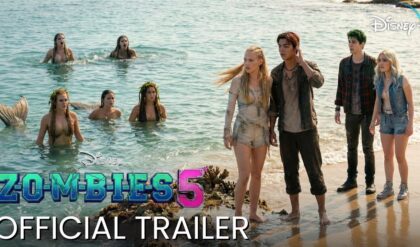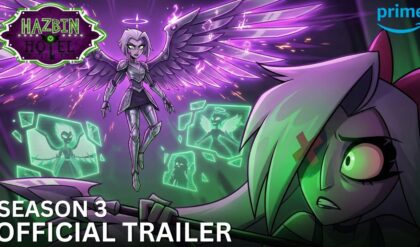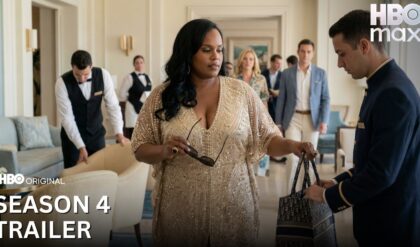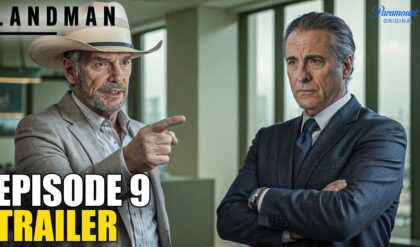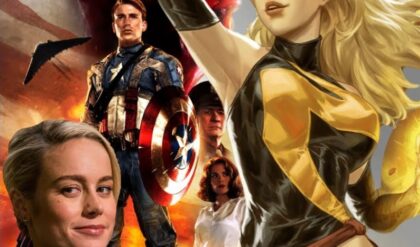The Last of Us Season 2 Sparks Internet Chaos: Defenders’ Meltdown Over Backlash Fuels Claims of a Modern Masterpiece
The online world is ablaze with passion, fury, and unwavering loyalty as The Last of Us Season 2, HBO’s ambitious continuation of its post-apocalyptic saga, becomes the epicenter of a digital firestorm. Fans who passionately defend the season have gone into full meltdown mode, clashing with critics who have unleashed a torrent of backlash over the show’s narrative choices, pacing, and deviations from the beloved video game source material. Amid the chaos, defenders are doubling down, proclaiming Season 2 a modern masterpiece that pushes the boundaries of television storytelling. This explosive divide has turned social media platforms into a battleground, raising questions about fandom, artistic interpretation, and the power of online discourse in shaping a show’s legacy.
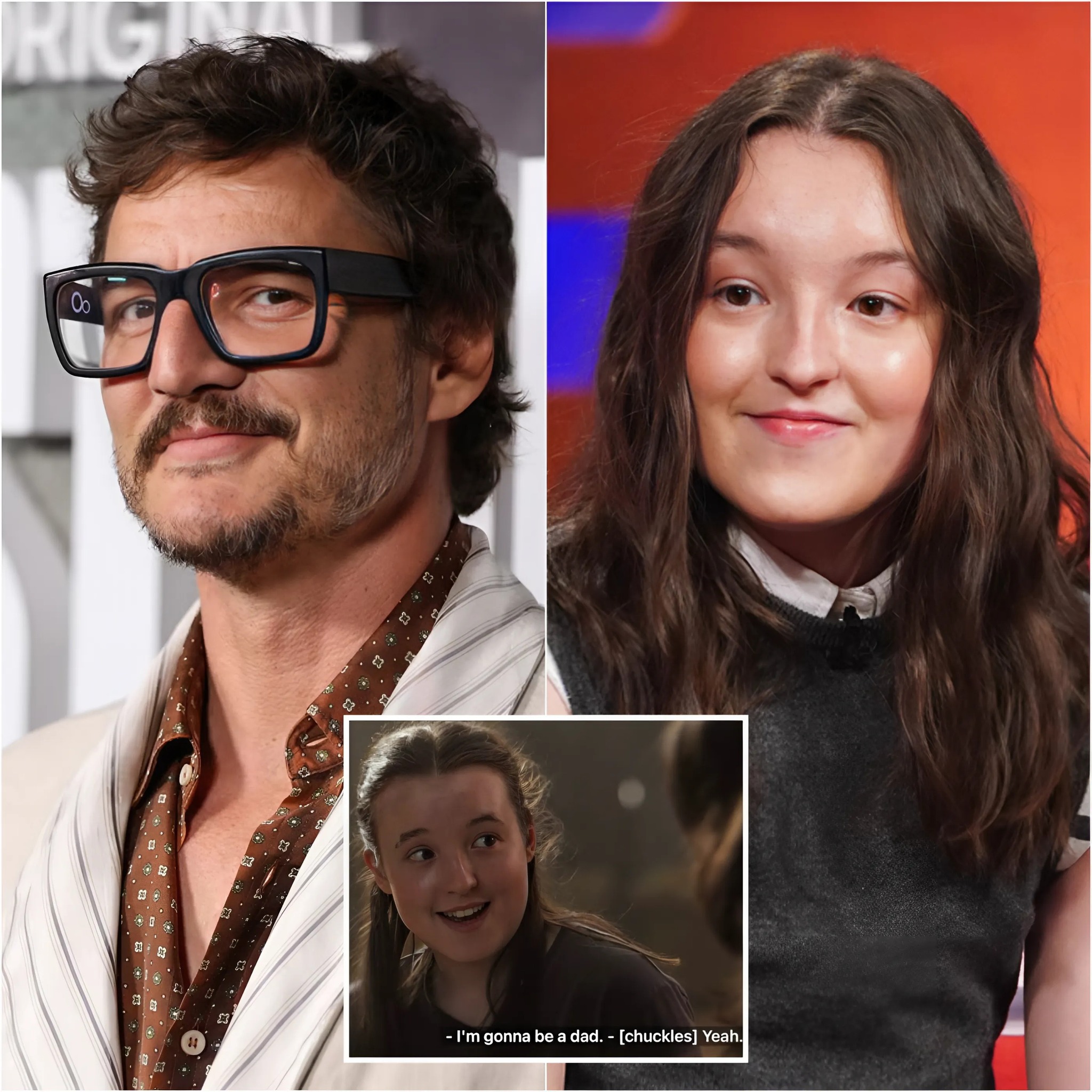
The Last of Us, adapted from Naughty Dog’s groundbreaking 2013 video game, took the world by storm with its 2023 debut season. Starring Pedro Pascal as Joel and Bella Ramsey as Ellie, the series masterfully captured the game’s emotional depth, blending heart-wrenching drama with visceral action in a world ravaged by a fungal pandemic. Season 1 was a cultural phenomenon, breaking viewership records for HBO and earning critical acclaim for its faithful adaptation, stunning visuals, and powerhouse performances. Fans of the game and newcomers alike were captivated, setting sky-high expectations for Season 2, which draws from the more complex and polarizing The Last of Us Part II.
Season 2, which premiered earlier this year, ventured into bolder territory, tackling the game’s themes of revenge, trauma, and moral ambiguity. New characters, including one played by Isabela Merced, expanded the narrative, while Ellie and Joel’s evolving relationship remained central. However, the season’s creative choices—ranging from altered storylines to extended focus on secondary characters—sparked immediate controversy. Many fans felt the pacing lagged, with episodes prioritizing emotional introspection over the game’s action-driven momentum. Others criticized specific deviations from the source material, arguing that key moments lost their impact in translation. Social media platforms like X became hotbeds of discontent, with hashtags decrying the season trending alongside memes and threads dissecting its perceived flaws.
Enter the defenders, a fervent group of fans who have taken to the internet with unmatched zeal to champion Season 2. These supporters, ranging from casual viewers to die-hard gamers, have pushed back against the backlash with a vigor that has captivated onlookers. Their arguments center on the season’s artistic ambition, praising its willingness to take risks and explore complex themes in ways that transcend the game. They laud the performances, particularly Ramsey’s raw intensity and Merced’s compelling addition, as well as the show’s cinematic production values. To these fans, Season 2 is not just a worthy successor to Season 1 but a modern masterpiece that redefines what television can achieve, blending emotional depth with provocative storytelling.
The defenders’ meltdown, as it’s been dubbed, is less about anger and more about passionate advocacy gone viral. On platforms like X, supporters have flooded timelines with lengthy threads, video essays, and fan art celebrating the season’s strengths. Some have accused critics of missing the point, arguing that the show’s deviations were necessary to adapt the game’s sprawling narrative for television. Others have framed the backlash as a symptom of toxic fandom, where rigid expectations stifle creative innovation. The intensity of their response has drawn both admiration and ridicule, with some praising their dedication and others mocking their fervor as over-the-top. Memes depicting defenders as “knights” battling a horde of haters have circulated, adding a layer of humor to the chaos.
This online explosion reflects broader trends in fandom culture, where loyalty to a franchise can spark fierce tribalism. The Last of Us is not alone in facing such divides; franchises like Star Wars, Game of Thrones, and The Lord of the Rings have seen similar fan battles, with social media amplifying every skirmish. Web searches reveal that fan reactions to adaptations often hinge on expectations set by source material, particularly when the original work, like The Last of Us Part II, is itself divisive. The game’s bold narrative choices, including its exploration of morally gray characters and unconventional storytelling, polarized players, and Season 2’s attempt to capture that complexity has reignited those tensions. For defenders, the show’s willingness to embrace this complexity is a triumph; for critics, it’s a misstep that betrays the game’s essence.
HBO, caught in the crossfire, faces a pivotal moment. The Last of Us remains a flagship series, with significant investment in its production and a third season already greenlit. The network has stayed silent on the backlash, likely to avoid alienating either side, but its handling of Season 2’s reception will shape the show’s future. Early viewership data suggests that while Season 2 hasn’t matched Season 1’s record-breaking numbers, it still commands a substantial audience, indicating that the controversy hasn’t fully derailed its success. The defenders’ vocal support may help sustain interest, particularly as HBO prepares to address fan feedback in Season 3, which is slated for a script overhaul to recapture the first season’s magic.
The defenders’ claim that Season 2 is a “modern masterpiece” is a bold one, rooted in their appreciation for its ambition. They point to standout episodes that delve into character backstories, showcasing the show’s ability to humanize even its most flawed figures. The production design, from desolate urban ruins to hauntingly beautiful wilderness, continues to impress, while the score and cinematography elevate the storytelling. For these fans, the season’s willingness to challenge viewers—through morally ambiguous choices and emotionally heavy narratives—marks it as a trailblazer in prestige television. Critics, however, argue that ambition alone doesn’t justify pacing issues or narrative missteps, creating a stalemate where both sides dig in.
The broader implications of this internet explosion extend to the evolving relationship between creators, fans, and media. Social media has given fans unprecedented power to shape a show’s narrative, with platforms like X serving as real-time feedback loops. This dynamic can amplify voices of support and dissent alike, creating a polarized environment where nuanced critique struggles to emerge. The defenders’ meltdown, while passionate, risks drowning out constructive dialogue, just as the backlash risks overshadowing the season’s merits. For The Last of Us, the challenge will be to navigate this divide, balancing fan expectations with the creative vision of showrunners Craig Mazin and Neil Druckmann.
As the dust settles, the The Last of Us Season 2 saga underscores the passion that fuels fandoms and the volatility of online discourse. The defenders’ unwavering belief in the show’s brilliance has kept it in the spotlight, even as critics continue to voice their discontent. This battle is more than a clash over a single season; it’s a reflection of how deeply stories can resonate and how fiercely fans will fight to defend them. With Season 3 on the horizon, HBO has a chance to bridge the divide, delivering a story that honors the game while forging a new path. For now, the internet remains a battleground, and The Last of Us is at its heart, a testament to the power of storytelling in a divided world.
